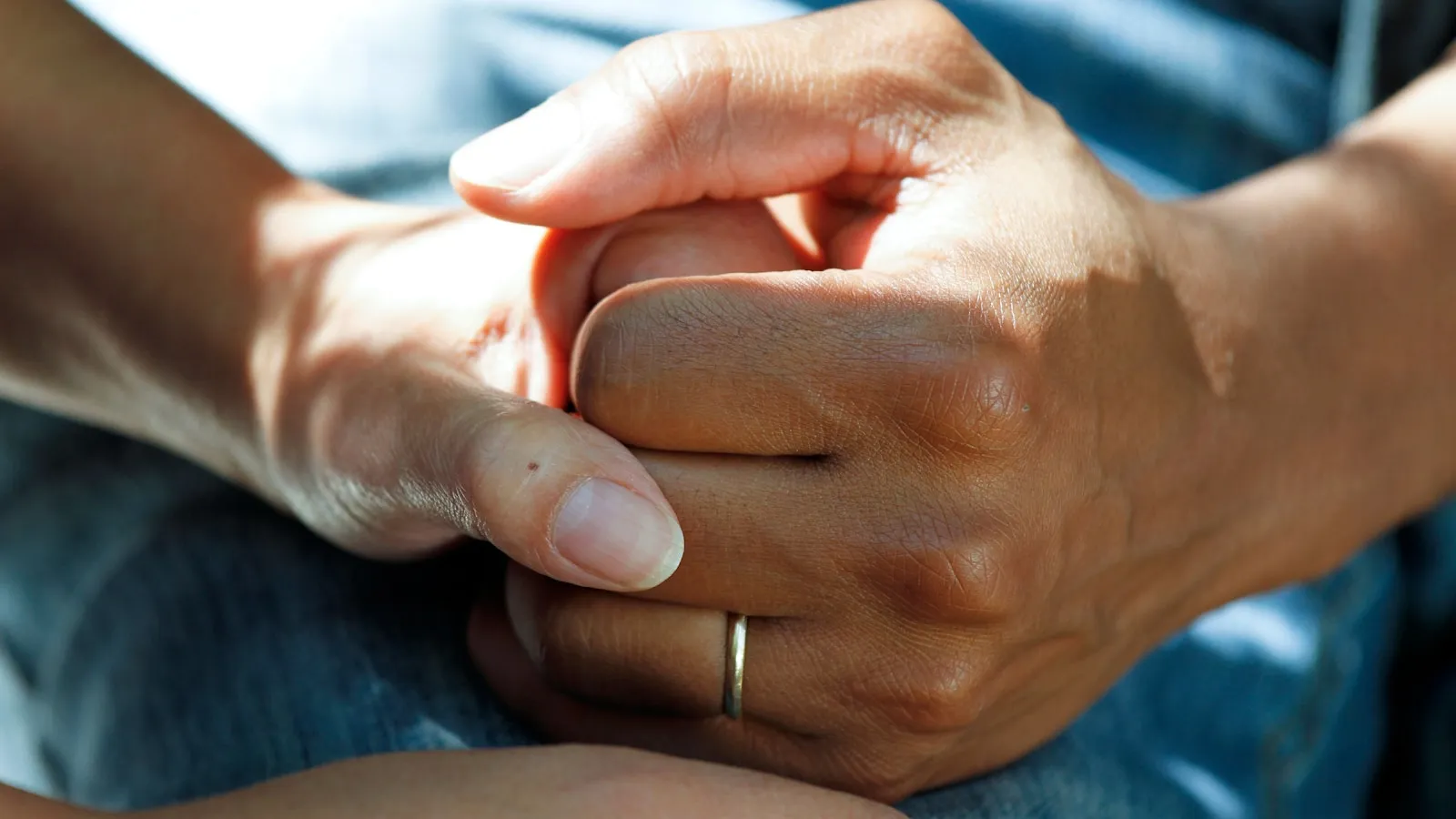Just days after the historic apology for abuse in state care, one survivor is calling for the Government to move to overturn his precedent-setting case, saying it means others like him can’t expect to find justice in a New Zealand court.
Earl White, a man with permanent name suppression, lost his case against the Crown in 2007. It was the first civil case about abuse in social welfare homes to go to trial. White’s case has had significant repercussions for other survivors of abuse, and he is now seeking to have it overturned.
Background
White first filed legal action in 1999, hoping to settle the case quickly. However, the process dragged on for eight years, despite Crown Law internally discussing the case as “relatively compelling” in 2002. White’s case involved allegations of abuse at Epuni Boys Home and Hokio Beach School, where he was placed after being abused by his father.
The Crown knew that Michael Ansell, the cook who sexually abused White, had been convicted of abusing other boys in 1976, but failed to disclose this information during the trial. The Crown also used a private investigator to dig for dirt on White, confirmed by a government inquiry in 2018.
Impact on White
The experience has caused Earl White immense harm and trauma. He has struggled with nightmares, depression, and suicidal thoughts throughout his life. Despite receiving an apology from the Ministry of Social Development and an ex gratia payment, White feels that justice was not served.
“I was treated as a criminal, but worse than a criminal,” White said in an interview. “They showed no mercy and that because they all had instructions, they had to win at all cost.”
The judge’s conclusion that the abuse did not make a material contribution to his later problems was seen by White as dismissive and embarrassing.
“It is embarrassing for him, but not traumatic,” Justice Forrest Miller said in his conclusion. However, White disputes this assessment, stating that the trauma he experienced has had a lasting impact on his life.
Consequences for Other Survivors
The Royal Commission’s inquiry into Earl White’s case found that Crown Law and the Ministry of Social Development did not behave as model litigants, minimizing the Crown’s moral responsibility. This finding has significant implications for other survivors of abuse who may be considering taking legal action.
A former chief human rights commissioner, Rosslyn Noonan, said that the case has had consequences for others:
“It caused huge anxiety and tension for other survivors. Frankly, it frightened them off from actually taking cases,” Noonan said.
Noonan is still “extremely disturbed” by what went on in the case, highlighting the need for greater support and protection for survivors of abuse.
Government Response
Earl White has approached the Attorney General, Judith Collins, seeking an intervention to overturn his case. However, Collins has stated that it is not her role to overturn cases, citing the difference between the New Zealand and US justice systems.
“I think people sometimes get confused with the US system. We don’t have that power. That’s for the courts,” Collins said.
When asked if she thought the decision was a troubling precedent to have on the record books, Ms Collins responded that she doesn’t find court decisions troubling:
“It’s very important as the Attorney General that I uphold the rule of law and the courts they make their own decision. Again, it’s not the US system. It’s not how it works here. There are already mechanisms in the system, but that’s not something I can address in detail.”
Reconsidering the Case
Despite Collins’ assertion that it is not her role to overturn cases, Earl White believes that the Government should reconsider his case.
“If Tuesday’s apology is to mean anything at all, the Government should intervene to overturn the case,” White said.
White’s case serves as a reminder of the need for greater support and protection for survivors of abuse. The Government’s response to this call to reconsider the case will be crucial in determining whether justice can be served for those who have been denied it.
The Royal Commission’s findings on Crown Law and the Ministry of Social Development’s behavior during the trial also highlight the need for greater accountability within the public sector.
In conclusion, Earl White’s case is a complex and troubling one that has had significant repercussions for other survivors of abuse. The Government’s response to this call to reconsider the case will be crucial in determining whether justice can be served for those who have been denied it.
Will the Government heed the call to reconsider Earl White’s case? Only time will tell, but one thing is certain – the need for greater support and protection for survivors of abuse must be addressed if justice is to be served.

0 Comments